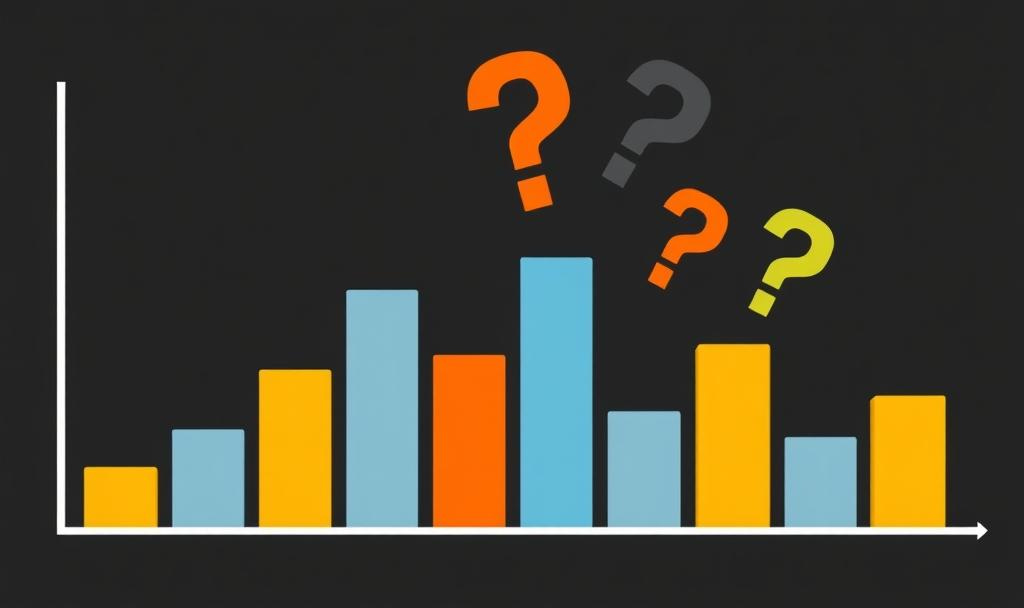Secure Stakes usually publishes twice a week but occasionally something timely or interesting pops up that I don’t necessarily want to wait to share and so I am publishing a bonus article this week. This is not breaking news, but I’ll share posts like this every so often.
Over the past few months, I’ve posted a few short thoughts on social media about how the recent changes in the economy might affect sports gambling and associated security issues. Now that we are nearly at the 100-day mark of the new Presidential Administration, I thought I would share some more cohesive thoughts about trends or developments I am seeing and what they might mean for the policy world.
I am not the only one to point out that tariffs might actually affect the gambling world, even beyond the stock price of casino companies. It may sound counter intuitive, but I think the turmoil may lead to increases in gambling at least in some instances if not across the board. There are a few scenarios worth looking at where we can estimate some likely changes and the follow on security implications.
I think most people see sports gambling as a purely domestic industry insulated from the world of international supply chains, which it mostly is, but there are other second-order effects. First, the larger sports books all have partnerships with the major sports leagues, and they will be affected by tariffs— everything from apparel to construction material for stadiums and more will likely see price hikes. So major partners of the betting platforms will be seeking revenue wherever they can find it. (You can read some thoughtful insights for effects on college sports from Matt Brown at Extra Points.) This will certainly impact the financial picture for many elements of the sports industry.
So, let’s look further at team costs and how it may trickle down. As the world becomes more expensive so too will being a spectator. It may make it less likely that a family, for example, will spend money on tickets to go to the stadium. If you can’t go in person, one option to cheer on your favorite team or player while watching the game on TV is gambling. This may lead to more debt and the violence cycle I described in a previous article, along with threats to sport integrity. And this may be magnified in communities disproportionately affected by federal layoffs.
Second, as was alluded to at the East Coast Gambling Conference last week, as state and local tax revenues are impacted by tariffs or decreased tourism, states may turn to gambling as a new revenue stream— essentially the same playbook we saw from sports leagues. But simply noting this potential change is not enough. If states do go this route, they ought to also invest in increased integrity measures, and other criminal prevention programs to complement the increase in the number of gamblers, particularly as some of those gamblers will likely take on new debt.
Lastly, as mentioned above, teams and universities may see decreased revenue and/or increased costs because of tariffs or tariff-related developments. This means they will have less money to invest in technology that may have a primary use for something like fan experience but may also have a dual-use purpose for security, safety, or integrity.
Most outcomes seem to point towards a degraded experience for fans. From a public policy or security perspective it will be important for decision makers to advocate for outcomes that prioritize security and integrity in parallel with increasing revenue. As the gambling landscape is rapidly changing and there is so much turmoil in the economy and the sports business world it would be a welcome development for a team, league, or state government to be more public and more transparent about their integrity work. They all take steps to protect the security of their fans and athletes from the threats related to gambling’s darker side, and it would give us all more trust in the system if we saw more of thinking that goes into it.



